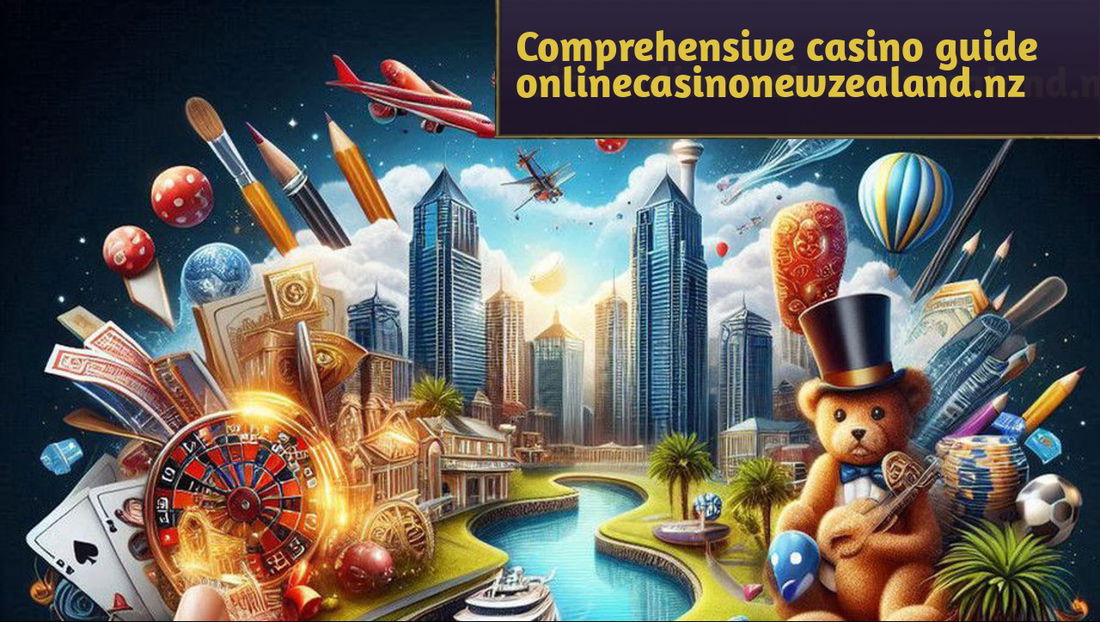The most commonly held belief is that it originates from the Persian As-Nas, and its modern iteration is heavily influenced by the French Poque, English Brag, and Spanish/Italian game of Primero. Despite this genesis, poker is primarily considered an American game, as it got its current shape in the US in the early 19th century. In 1998, real money remote play became a possibility, thanks to the invention of Planet Poker. This groundbreaking site allowed individuals to enjoy competing against others in a virtual cardroom from any spot on Earth.
Two years after the launch of Planet Poker, PokerStars and other more polished brands appeared on the Web, and these hubs, along with Chris Moneymaker's stunning WSOP Main Event win via an online satellite qualification, blew up the Internet poker scene, which in the years that followed, expanded its social aspects. Today, many card gamblers prefer to play online for chiefly this reason - the interaction these sites provide, mixed in with the anonymity they supply and their wealth of tournaments. However, here, we focus on their community elements and what they bring to this department.
Social Features & Types of Communities
Naturally, the mainstay way that digital cardrooms facilitate interaction is through chat windows and messaging systems that permit person-to-person or community conversations. In this context, these aim to replicate the dialogue in real-life poker venues. This means that gamblers can exchange pleasantries through them or partake in light-hearted trash talk that keeps things interesting.
Given that poker is a game with a psychological aspect, a chat function can be most helpful for sly players to gain an edge. It can also be super beneficial for newbies who have just learned how to play poker online for money. They can ask veterans for advice and get a mentoring dynamic in their sessions. All this creates a social atmosphere essential for what is, at its core, a very communal activity.
Aside from the chat option, players can participate in off-platform poker forums, Reddit, Telegram, and Facebook groups, Discord channels, and other community avenues where they can connect with others and gain support and tips in the process. Twitch and other streaming platforms have added an extra spice to the social engagement online poker can bring. They are responsible for sub-communities with an interactive viewing nature, usually focusing on influencers.
Integrating virtual poker rooms and social media, letting players share achievements and invite friends, adds another twist for those not shy about going public with their gambling activities.
Allowing Gamblers to Cultivate Online Personas
Ad
For most, hobbies are devices to escape everyday life and gain a little peace of mind through an activity that generates high levels of entertainment. That holds for online poker, too, which boosts the gambling experience by letting poker fanatics customize a digital representation of themselves. Of course, they can also share personal details with others, building more meaningful experiences.
When one creates an Internet avatar for online gambling, they pick a visual representation that reflects their personality. They can converse in a style that differs from their everyday one, letting an area of their character shine that they do not often show. That can lead to building a personal brand, which can be boosted through quizzes that define a unique playing style, online accomplishments, and other attributes. Most sites list stats like games played, win rates, and more for all users, and they award badges for different accolades that act as signs of a user’s degree of skill.
Such personalization options help players feel more invested in the game. They enhance emotional interest in playing poker over the Internet, as gamblers feel like their online reputations are at stake since their wins/losses will be publicly displayed and discussed in different community spaces. Hence, they incur a stronger commitment to play and in a community for most. The growing adoption of gamification elements in online gambling has also greatly influenced social dynamics and player retention, keeping users more engaged and longer on these platforms.
Concerns & Challenges
The main one is the successful moderation of toxic behavior. Some gamblers can get quite nasty with their trash talk. They can also spam and display even more volatile conduct, such as hate speech and bullying, things that can extend outside online poker sites. Hence, strict moderation is necessary, whether through automated filters that flag offensive behavior or human moderators who do their best to oversee chat rooms.
Privacy is another concern, as some players can overshare, which makes them vulnerable to things like identity theft or phishing attempts. Others may fall prey to peer pressure, and those with impulse control issues may bet more often, or in general, than they should. They may get baited into doing this because of the pressure to participate in games or competitions that will help maintain their community status. So, this can create a cycle of over-involvement. That is why poker websites include responsible gambling features that limit time spent or money deposited on their hubs.





— Comentarios
0Se el primero en comentar